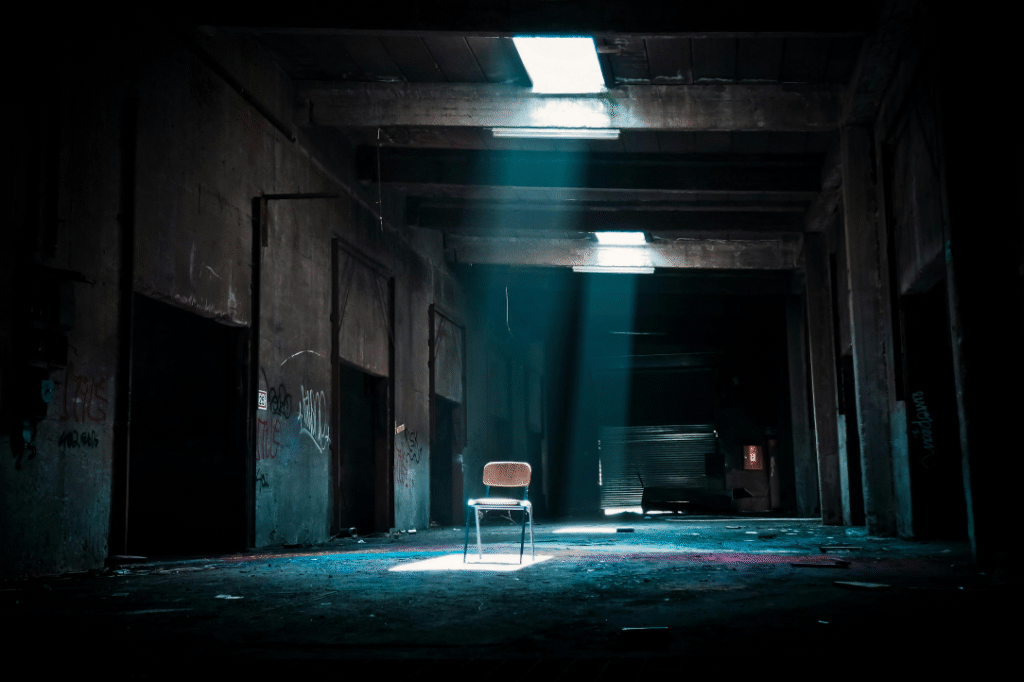Text: Luke 1:5-55
“For nothing will be impossible with God.” —Luke 1:37
When I was young, my mother taught me the importance of using my manners when asking for something. The “way” you ask is just as important as the “what” in your ask.
When the angel Gabriel showed up and told Zechariah, “Your wife Elizabeth will bear you a son” who would be the forerunner of the promised Messiah, the priest asked, “How shall I know this? For I am an old man, and my wife is advanced in years” (v. 18). He was swiftly rewarded with a gift of muteness—a spiritual gift my wife is constantly praying for me to receive!
The angel told him “You will be silent and unable to speak until the day that these things take place, because you did not believe my words, which will be fulfilled in their time.” Yet just a few verses later when that same angel showed up and told Mary she would conceive and give birth to the Son of God, she asked, “How will this be, since I am a virgin?” Mary was gifted with the assurance of being filled and overshadowed with the Holy Spirit, and that “nothing will be impossible with God” (vv. 35-37)—or more literally translated: for no word of God shall be powerless.
Mary’s question was logical. She asked the same question Zachariah asked, but his question was asked in skeptical unbelief, and her question was asked in wonder-filled faith.
While Zechariah was overcome with muteness, Mary was “overshadowed,” which means “to cover with a cloud.” In the Bible, a cloud is often associated with the visible manifestation of the glory and presence of God, as in the cloud of Shekinah glory (Exodus 16:10, 19:9, 24:16, 34:5, 40:34) or the cloud of transfiguration (Matthew 17:5, Mark 9:7, Luke 9:34).
Zechariah got stuck in his doubt, while Mary received in faith, “Let it be to me according to your word.” This is the right-sized response to all of God’s promises. Elizabeth, in recognizing her cousin’s active faith affirmed, “Blessed is she who believed that there would be a fulfillment of what was spoken to her from the Lord” (v. 45).
It is reasonable to ask “how” God is going to accomplish something. But how we ask “how” makes a huge difference in what overcomes us in the process. We can ask in faith or we can become crippled by our doubts. Neither response changes Who God is nor what His promise has decreed, but the response will most certainly determine what overtakes us in the process. I don’t want to be spiritually mute or deaf this week, I desire to be overshadowed by the Holy Spirit as I take God at His Word over my life and trust that “nothing will be impossible with God.” Think about that as you seek to abide in Him this week.
PRAYER
Heavenly Father, help me to be right-sized in my response to all of your promises. Help my unbelief, to exchange it for that wide-eyed and wonder-filled faith that Mary expressed from a heart of worship. You are a God Who is able, and I will ask you “how” in a manner according to your unlimited ability rather than my limited reasonability. In Jesus’ name, Amen.
Questions for Personal Application or Group Discussion:
- What important manners did you learn growing up?
- In what area of your life have you been wrestling with “how” God is going to show up?
- What can this passage teach us about the character of God? What can it teach us about worship and how we should respond to God’s promises?
- Are there any doubts, skepticism, or trepidations in your heart that you need to confess about God’s ability or trustworthiness?
- What specific attribute or promise of God needs an intentional response of “worship” from your heart right now?

